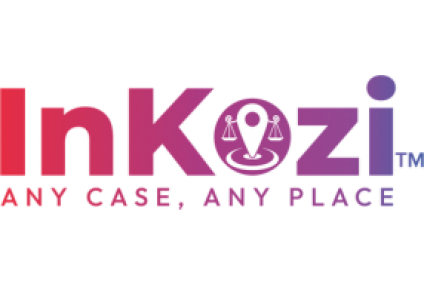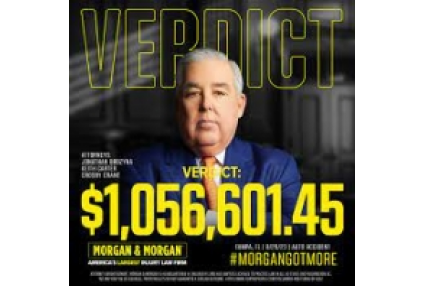Unlocking the Secrets of Chiropractors: How Spinal Adjustments Can Transform Your Life
Title: Unlocking the Secrets of Chiropractors: How Spinal Adjustments Can Transform Your Life Introduction: In today's fast-paced world, many people are seeking natural and holistic solutions to improve their overall well-being. Chiropractic care has gained immense popularity in recent years, offering a non-invasive approach to health and wellness. One of the most significant aspects of chiropractic treatment is spinal adjustments, which can have a transformative impact on your life. In this blog post, we will delve into the secrets of chiropractors and explore how spinal adjustments can bring about positive changes in your health and quality of life. Understanding Chiropractic Care: Chiropractic care is a branch of alternative medicine that focuses on the diagnosis and treatment of musculoskeletal disorders, particularly those related to the spine. Chiropractors believe that misalignments in the spine, known as subluxations, can disrupt the body's natural healing processes and lead to various health issues. The Power of Spinal Adjustments: Spinal adjustments, also known as chiropractic manipulations, are the cornerstone of chiropractic treatment. They involve the skilled application of controlled force to specific areas of the spine or other joints in the body. By manipulating the spine, chiropractors aim to restore proper alignment, alleviate pain, and improve the overall function of the nervous system. Benefits of Spinal Adjustments: Pain Relief: Spinal adjustments can provide significant relief from acute or chronic pain, such as back pain, neck pain, and headaches. By realigning the spine, chiropractors can alleviate pressure on nerves and reduce inflammation, leading to pain reduction. Improved Mobility and Flexibility: Misalignments in the spine can restrict movement and affect overall flexibility. Through spinal adjustments, chiropractors can restore proper joint function, increase range of motion, and improve overall mobility. Enhanced Nervous System Function: The nervous system plays a crucial role in transmitting signals between the brain and the rest of the body. Subluxations can interfere with this communication, leading to various health issues. Spinal adjustments help remove these disruptions, allowing for better nerve function and overall well-being. Boosted Immune System: Studies have shown that spinal adjustments can enhance the immune system's response. By removing subluxations, chiropractic care promotes optimal functioning of the immune system, helping the body defend against illness and disease. Better Posture and Balance: Poor posture is a common problem in today's sedentary lifestyle. Spinal adjustments can correct postural imbalances, leading to better posture and improved balance. This can have a positive impact on your overall appearance, confidence, and even prevent future injuries. Stress Reduction: Stress can take a toll on both physical and mental health. Chiropractic adjustments help reduce tension in the muscles, release endorphins, and promote relaxation. This can significantly alleviate stress and improve your overall well-being. Conclusion: Unlocking the secrets of chiropractors and understanding the power of spinal adjustments can open the doors to a healthier and more fulfilling life. By seeking regular chiropractic care and embracing the benefits of spinal adjustments, you can experience pain relief, improved mobility, enhanced nervous system function, boosted immunity, better posture, and reduced stress levels. Consult with a qualified chiropractor to explore the transformative effects of chiropractic care and unlock the potential of your well-being.








